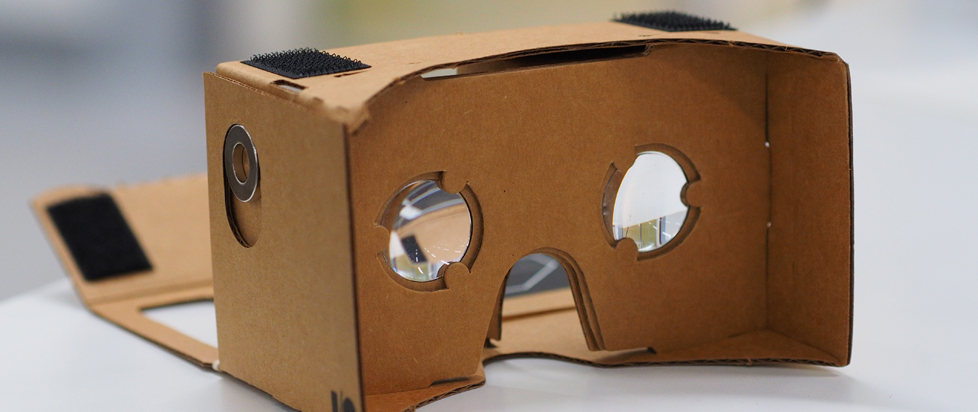
Romanticize Your Life!
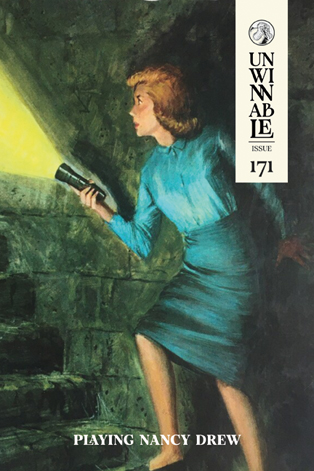
This column is a reprint from Unwinnable Monthly #171. If you like what you see, grab the magazine for less than ten dollars, or subscribe and get all future magazines for half price.
———
What’s left when we’ve moved on.
———
If you look up #romanticizeyourlife on TikTok, you might expect to see sunlit vistas, flower fields or someone walking in light rain with their coffee. But what you’d actually find is a series of lists more comprehensive than a given page of the DSM. Rather than a general ethos, these videos systematize the process. For example, one video that was reposted (copied) by several accounts includes:
- “Create a pinterest board”
- “Take neat efficient, but pretty notes (use highlighter colors that match your aesthetic)”
- “Be organized and at least try to get good grades”
- “Take photos every time you see something beautiful, like nature”
All these videos urge you to “romanticize your life”, a trend that is reborn like a hydra head every few months. Entwined with “how to romanticize school” videos, this genre gives very explicit directions for users to have softer, more appealing lives. The phenomenon has a lot in common, in my opinion, with manifesting, since both share the idea that you can influence your material condition through your thoughts alone.
A video that convinces me of this further is the “work from home with me” video, where someone takes 1-3 second aesthetic clips from the beginning of their day. I would draw a direct line between this and the studyblr blogs of the 2010s, of which I was an avid reader. (Save me mildliners…) As others pointed out then and now, these things are all about buying the right combination of things to make you productive/make doing your job more bearable. However, these videos have precious little of anyone actually doing their job. For this reason, I like @depressiondotgov on TikTok, who voices over these videos to point out that all these people own the exact same beige highlighter.
There’s some disagreement about what this trend actually constitutes. In another version, the “main character energy” video, the person stands on a train or otherwise crowded place with a tote bag or book or something else that makes them stand out. These are fine, I guess, and they only require the ability to not care that you’re pissing people off by filming on public transportation. This article from 2022 quotes several people who see “romanticize your life” as a form of mindfulness. One example of this is r/benignexistence, where people talk about random parts of their day like their university president buying them an ice cream cone.
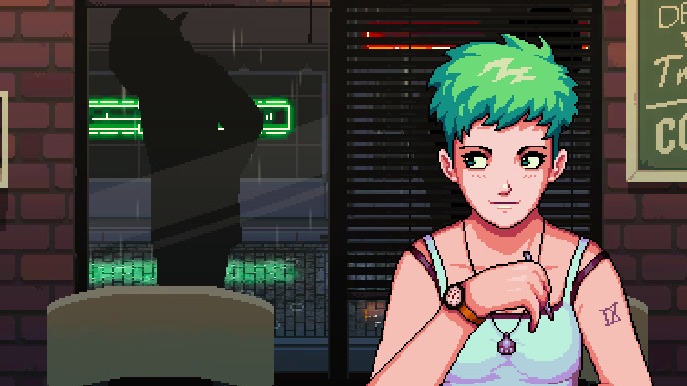
However, since this trend started on TikTok, I think it’s fair to judge the videos about it as their own thing, and the vast majority of them are all about consumption. The video that made things click was called “Romanticize your life, no matter how mundane.” It’s a short video where a woman gets ready in a bathroom, showing the first second of her hair care routine, the perfume and clothes she uses, and scenes like buying a bouquet of flowers. “The only thing that matters,” the text reads as these clips go by, “is making life as enjoyable as possible.”
The irony of having that message next to those images is almost poisonous. Is her life as it’s presented here (hair care and flowers) really mundane? If so, these are leisure activities – she can just go and do something else. On the flip side, if these things are the glue that makes real “mundane” life less boring, they are hollow pleasures. I like doing my nails as much as the next person, but it doesn’t make me fulfilled or happy – if I used that as the glue to my life then my life would fall apart.
Obviously, I’m thinking about this too hard, because most of these videos are sponcon. But as these types of videos do, they trickle down to regular people who do the same thing without ad revenue. In her article about tradwives, Gaby Del Valle mentions a woman who became a homesteader without the generational wealth that most modern tradwives have to take advantage of. The less lucky tradwife “asks God ‘why don’t I have a fifty-acre farm, seven children, forty chickens and five jersey cows yet?’” This parable-esque moment makes the whole phenomenon transparent: to do any social media trend founded on consumption, you have to have money.
Thinking about all of this has made me think about how romanticizing one’s life is approached in videogames, the most main character syndrome medium of all. Often, games that show a desirable lifestyle do so through a job. This recent article, “Comfort is a Weapon,” points this out: “it’s no wonder that so many games that nowadays carry the ‘Cozy Game’ moniker seem to be more interested in selling people on the fantasy of running a small business in a rural community. Like those facades, they sell people on the idea of a world, where poverty doesn’t exist, without really touching the systems that create it in the first place.”
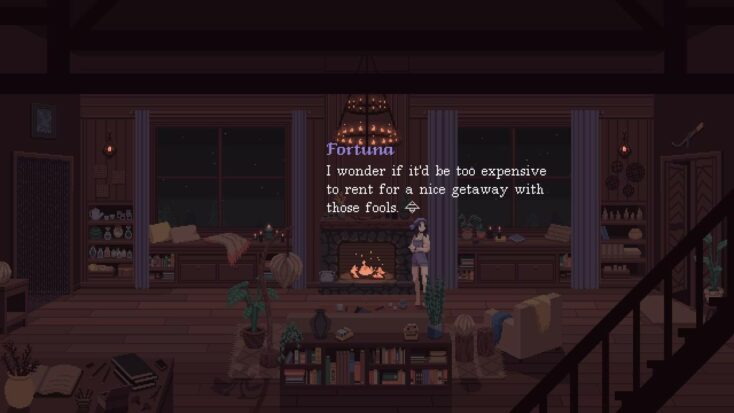
The first example I thought of is Coffee Talk, a visual novel where you run a nocturnal coffee shop in a fantasy alternate universe version of Seattle. To get this out of the way, I was a barista for a little bit, and I was not good at it. It was difficult, messy and not aesthetic. While Coffee Talk isn’t trying to make the main character a Main Character in any sense (you don’t even see them while you’re playing), the cafe itself is a refuge that has replaced bars in the area. You spend a lot of time staring at different selections of coffee and tea you can make. The other characters have cozy-fied jobs, particularly the journalist who comes to the cafe to write her novel.
Multiple reviews of the sequel have picked up on this, describing it as “cozy” and even “therapeutic”. (A good counterpoint would be Eliza, which is also set in Seattle, and is about therapy.) But is Coffee Talk romanticizing being a barista? Yes, in a general sense. It makes the point of the job be connecting with people (rather than, say, getting yelled at for making someone’s cappuccino wrong). It provides a generous reading of the profession, that it’s not only about making coffee but about solving problems. Everyone who comes in has a distinctly different aesthetic that contributes to the cafe’s appearance of being a social space meant for everybody. The job itself, helping people via drinks, is fun; the reviews are right, it’s cozy. Would I even play it if it wasn’t?
Another game about community, The Cosmic Wheel Sisterhood, uses a witchy aesthetic that can almost make you forget it’s in service of a story. That story is about the care and keeping of friendship and the danger of having the power to shift fate. The game reminded me of another trend that was born last year, the fascination with girlhood. This is a category both vague enough to mean anything and also super strict. It’s an existence of literal childlike innocence (a state that’s of course unavailable to many actual girls). It’s also one pre-lots of personality formation. “In girlhood,” writes Isabelle Cristo, “we’re not yet even ourselves.”
The Cosmic Wheel Sisterhood is about womanhood. Its characters are old enough to have had many relationships. Unlike the sterility of girlhood, these women are messy. But there’s still a sense that Witchhood is for the girls, that it’s an aesthetic state in addition to a profession. There’s a scene where the main character Fortuna explores a space house that belongs to a supernatural witch mentor, and thinks about how she’d like to take her sister and friend on a vacation there. Every Witch picks a calling and an appearance corresponding to it that represents their inner self, which beyond being stylish makes their position visually apparent and represents the flexibility of Witch society regarding gender.
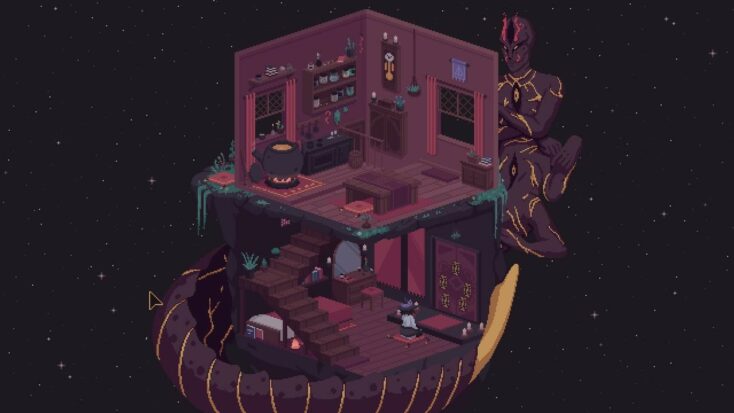
But if we view the Witches only as beings who’ve achieved pure satisfaction with themselves, we miss another underlying theme of the game: the terror of immortal life and infinite possibility. At the beginning of The Cosmic Wheel Sisterhood, Fortuna, who has been exiled for her Tarot talents, summons a demon to help her become more powerful. She’s living in a beautiful two-story house where pointed stars and dried herbs and soft pillows cover every surface. But being there for 200 years has turned it into a prison. Being a cool, sexy Witch is not enough to distract from the horrors. There’s a sense even when things pick up that the aesthetics of things don’t matter; the suffering she’s undergone simply can’t be fixed.
What struck me spending time with these videos was how romanticizing one’s life is framed as an imperative. Why wouldn’t you? These videos attract plenty of self-identified depressed people who think these videos might help them get out of the hole because the videos present themselves as a how-to guide for being happy. This leads us back to the problem they’re created to appear to solve: I only need to #romanticize my life if my life has proven unsatisfactory. On the other hand, I can notice, reflect, and appreciate – all things that aren’t directives, nor do they necessarily make me feel better about the conditions I live under. To quote Andrea Gibson’s poem “In the chemo room, I wear mittens made of ice so I don’t lose my fingernails. But I took a risk today to write this down”: “Do you know how many beautiful things can be seen in a single second?”.
Why should I, we, romanticize? Color coding tabs on my binder won’t make me more myself, it will just make me spend money. The flatness of these videos, and their repetitiveness no matter who makes them, only makes the trend more nakedly about detachment from things that actually matter. If games and other art can take anything from them, it’s a warning: if the only thing that matters is making life as enjoyable as possible, then personal pleasure always takes precedence over politics, social conditions, and everyone else’s well-being. I can’t imagine anything less romantic.
———
Emily Price is a freelance writer and PhD candidate in literature based in Brooklyn, NY.



